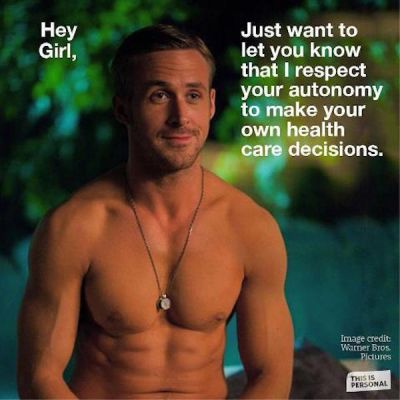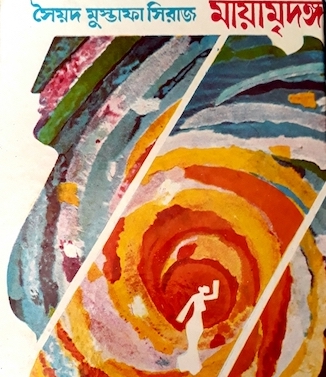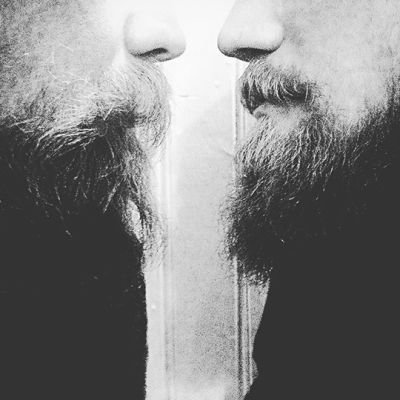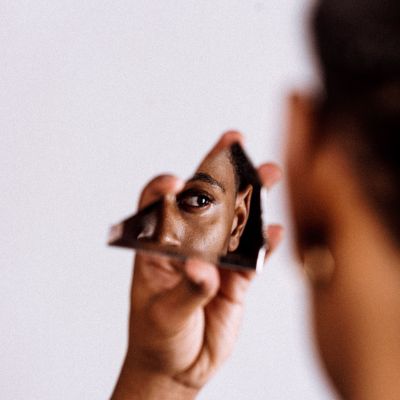Men
Mainstream media is beginning to pay attention to men’s relationship with abortion – a welcome counterpoint to the anti-woman, anti-abortion rhetoric Men’s Rights Activists (MRAs) spew on the topic.
Māyā Mridanga infinitely problematises the nature vs. nurture debate that is central to sexuality studies. The novel seems to suggest that a certain kind of male body – feminine, smooth, shapely – is the ideal raw material for making a chhokra out of a biological man. Ustaad Jhaksa, whose life the novel documents[2], repeatedly emphasises on this act of nurturing, moulding and pruning of a feminine male body for which he has fatherly affection as well as a lover’s lust.
Whether it is by checking harassment from fellow men, or by questioning one’s own internalisation of subtly sexist and harmful behaviour, there’s a whole range of ways to go about making a positive shift
My interaction with men started once I finished school and most men in my life have been decent to me, to say the least. However, there are different sides of maleness or manhood that I have come to experience.
The inability to correctly identify, express and soothe (all three without exception, and in no particular order) inner vulnerabilities and imperfections is the weakest link between asserting masculinities and being able to properly live their full potential.
That’s all the big roles and ethics
All there to fulfil.
Another task,
Another box to tick
Another concrete path to rush
Quick, simple and straight.







